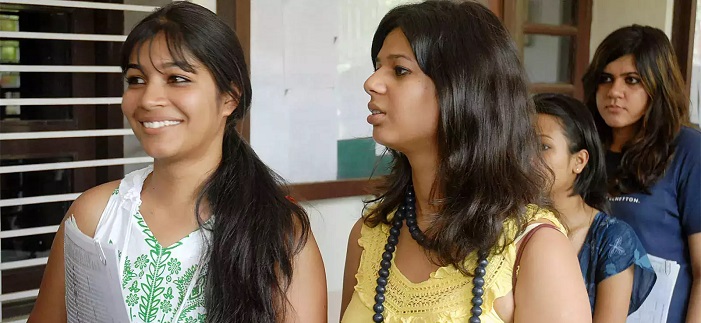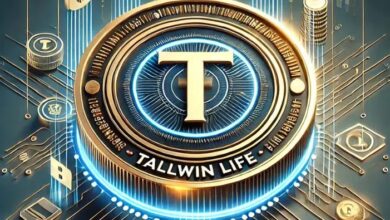One Nation One Subscription (ONOS) Scheme 2025

The “One Nation One Subscription” (ONOS) scheme is a groundbreaking initiative that could redefine how Indians access scientific knowledge, research, and publications. Having delved into its concept and purpose, I can confidently say that this scheme holds the promise of bridging the knowledge gap for millions. Let me walk you through its vision, benefits, and potential challenges.

The ONOS scheme is an ambitious plan by the Government of India to provide country-wide access to scientific literature, journals, and research databases. Simply put, it aims to establish a single subscription model where the government negotiates with publishers to make their resources available to every Indian institution, researcher, and individual for free or at minimal cost.
Imagine being a student, researcher, or entrepreneur in a remote corner of India and having access to world-class journals and databases without the burden of hefty subscription fees. That’s the essence of ONOS – making knowledge accessible to all, regardless of location or financial constraints.
Why is ONOS Important?
Having worked in academic and research spaces, I’ve seen firsthand how expensive subscriptions to journals and research databases can be. For instance, a single institution often spends lakhs (or even crores) annually on subscriptions to access journals like Nature, IEEE, or Elsevier. These costs limit access to privileged institutions, leaving smaller universities, colleges, and independent researchers struggling.
ONOS addresses this disparity by centralizing subscriptions under a single umbrella. Here are a few reasons why this initiative is a game-changer:
- Democratizing Knowledge: Knowledge is a public good, and ONOS ensures that no one is left behind. From students preparing for competitive exams to researchers in remote areas, everyone gains access to the same resources.
- Boosting Research and Innovation: Easy access to global research can fuel innovation, collaborations, and breakthroughs in various fields like healthcare, technology, and agriculture.
- Cost Efficiency: Instead of individual institutions paying separately, a centralized subscription can save costs significantly, benefiting the nation as a whole.
- Empowering Marginalized Communities: Smaller institutions, NGOs, and individuals who couldn’t afford subscriptions can now access resources, leveling the playing field.
How Does ONOS Work?
The idea is straightforward yet powerful. The government negotiates with major publishers and academic platforms to secure country-wide access. Instead of institutions or individuals subscribing separately, the government acts as the sole subscriber on behalf of the entire nation. The content is then made available to users through a centralized portal or integrated access points.
From my understanding, the scheme focuses on:
- Negotiating favorable terms with publishers.
- Providing access to resources in multiple disciplines.
- Ensuring user-friendly access mechanisms.
- Addressing copyright and fair usage concerns.
Benefits of ONOS for Different Stakeholders
-
For Students:
- Access to study materials, research papers, and journals at no extra cost.
- Improved preparation for exams and projects.
-
For Researchers:
- Unrestricted access to global research databases fosters high-quality research.
- Opportunities for interdisciplinary and international collaborations.
-
For Educational Institutions:
- Reduction in subscription costs.
- Enhanced academic resources for teaching and learning.
-
For the Nation:
- Accelerated innovation and economic growth.
- Enhanced global competitiveness in research and development.
Challenges and Concerns
While the ONOS scheme is promising, it’s not without its challenges. Here are some concerns that need addressing:
- Negotiations with Publishers: Securing favorable terms with global publishers can be complex and time-consuming.
- Digital Divide: Ensuring that rural and remote areas have the infrastructure to access these resources is crucial.
- Copyright and Usage: Managing copyright issues and ensuring fair usage of resources will require robust policies.
- Quality Assurance: Ensuring that the resources cover diverse fields and are updated regularly is vital for the scheme’s success.
My Perspective on ONOS
As someone who values the power of accessible knowledge, I’m genuinely excited about the ONOS scheme. If implemented effectively, it can transform India’s education and research landscape. However, its success depends on meticulous planning, transparent execution, and continuous monitoring.
To maximize its impact, the government should:
- Conduct pilot projects to identify potential issues.
- Collaborate with academic institutions for feedback.
- Invest in digital infrastructure to ensure inclusivity. Read More




